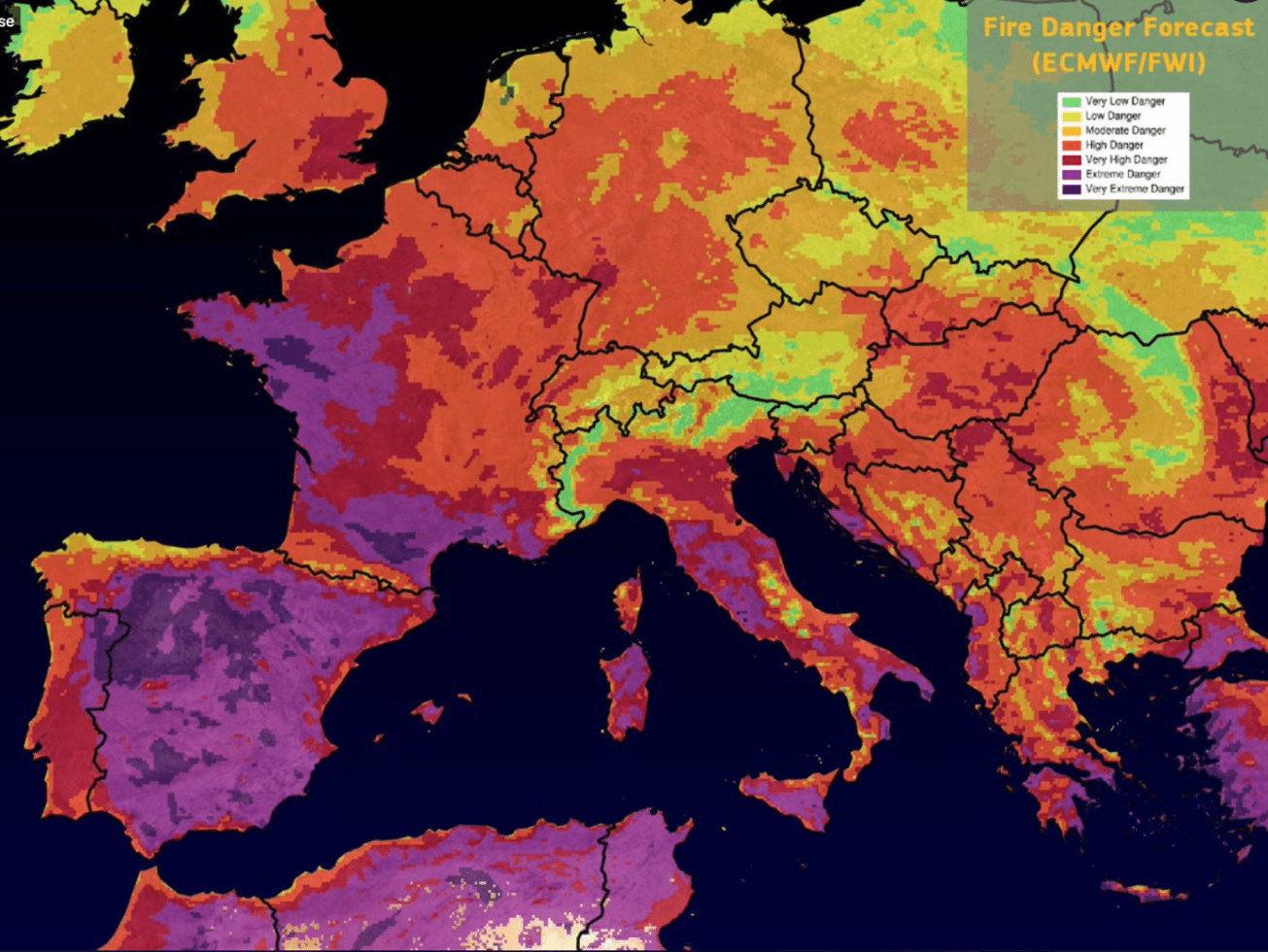
Must-read via the NYT: As the Planet Cooks, Climate Stalls as a Political Issue
This is a great piece of reporting by the NYT – made me think about my perspectives on The Good Future.

“People are exhausted by the pandemic, they’re terribly disillusioned by the government,” said Anusha Narayanan, climate campaign director for Greenpeace USA, the environmental group known for its guerrilla tactics but now struggling to mobilize supporters. She added: “People see climate as a tomorrow problem. We have to make them see it’s not a tomorrow problem.”
Via nytimes.com
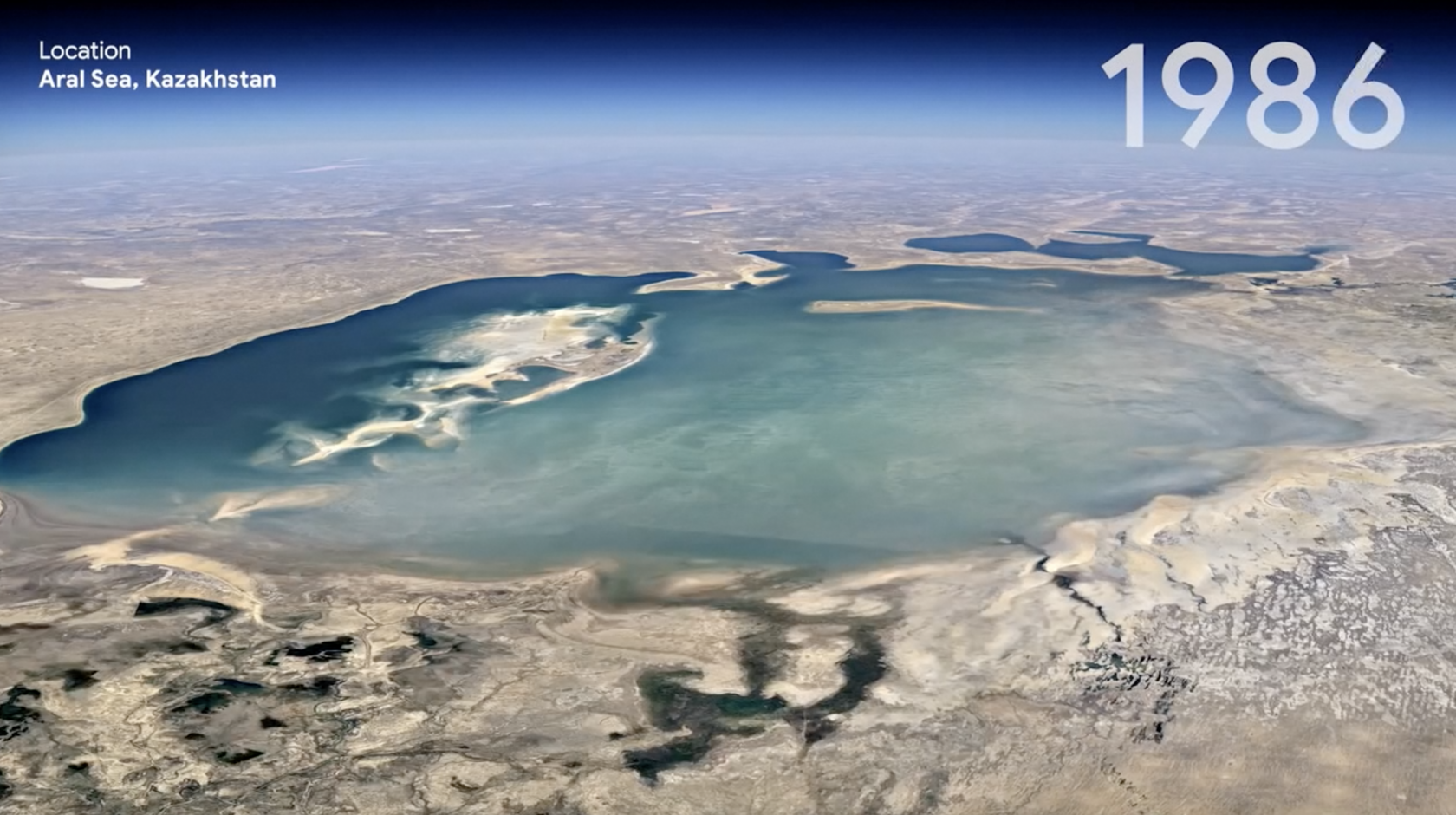
Still, just 1 percent of voters in a recent New York Times/Siena College poll named climate change as the most important issue facing the country, far behind worries about inflation and the economy. Even among voters under 30, the group thought to be most energized by the issue, that figure was 3 percent.
This challenge is not as invisible as it used to be, but for most people, even those who live in greater Miami, this isn’t something they encounter every day, whereas their encounters with a gas pump are extremely depressing
Read more via the NYT (free gift link; hopefully:)
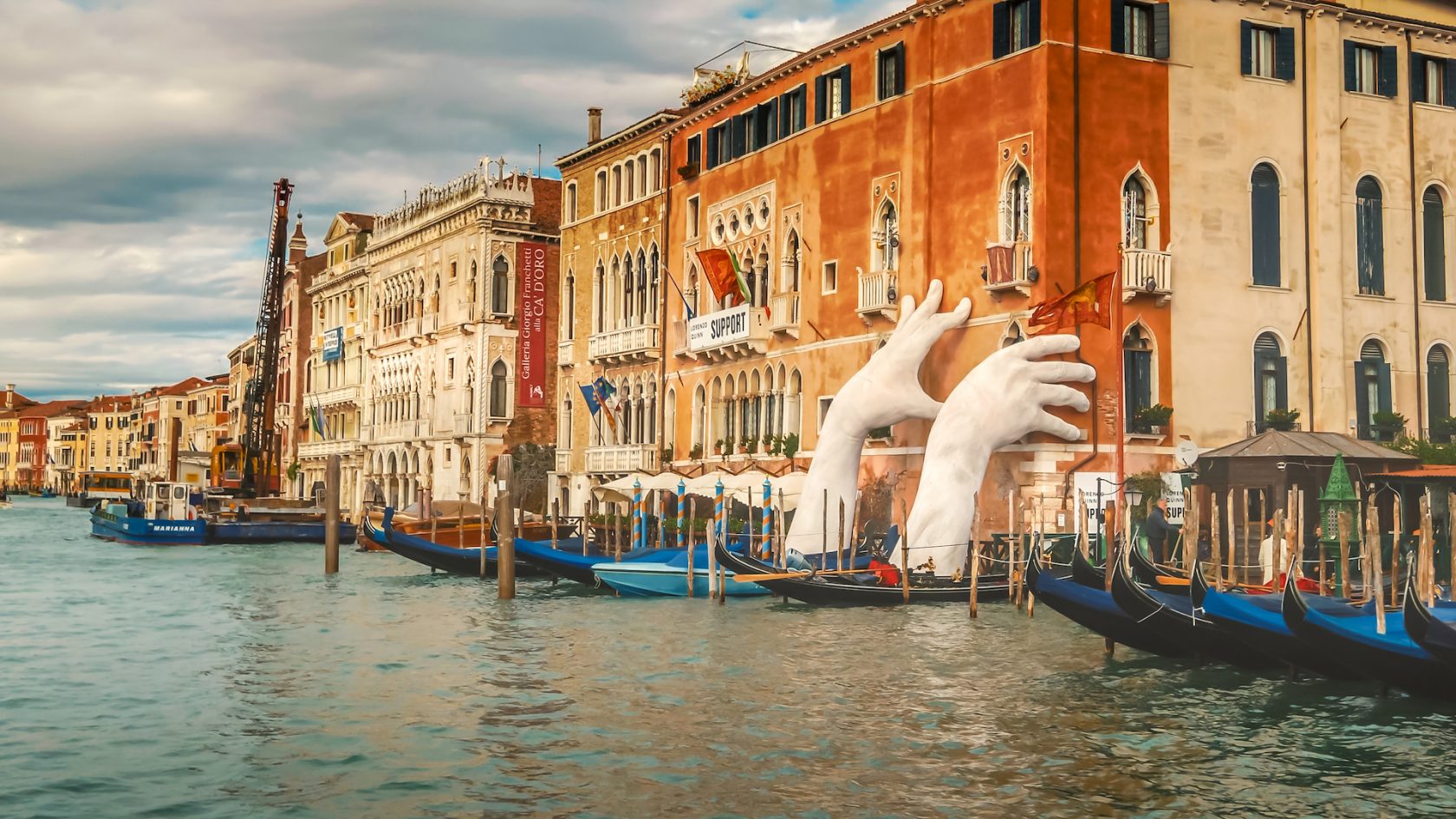
The evidence that a climate crisis is well underway appears to be everywhere: the Great Salt Lake in Utah drying up, severe weather regularly imperiling the electric grid in Texas, wildfires scorching the drought-plagued West, “climate refugees” seeking higher land in Louisiana and tidal floods swamping the streets of Miami.
Read more via the NYT (free gift link; hopefully:)
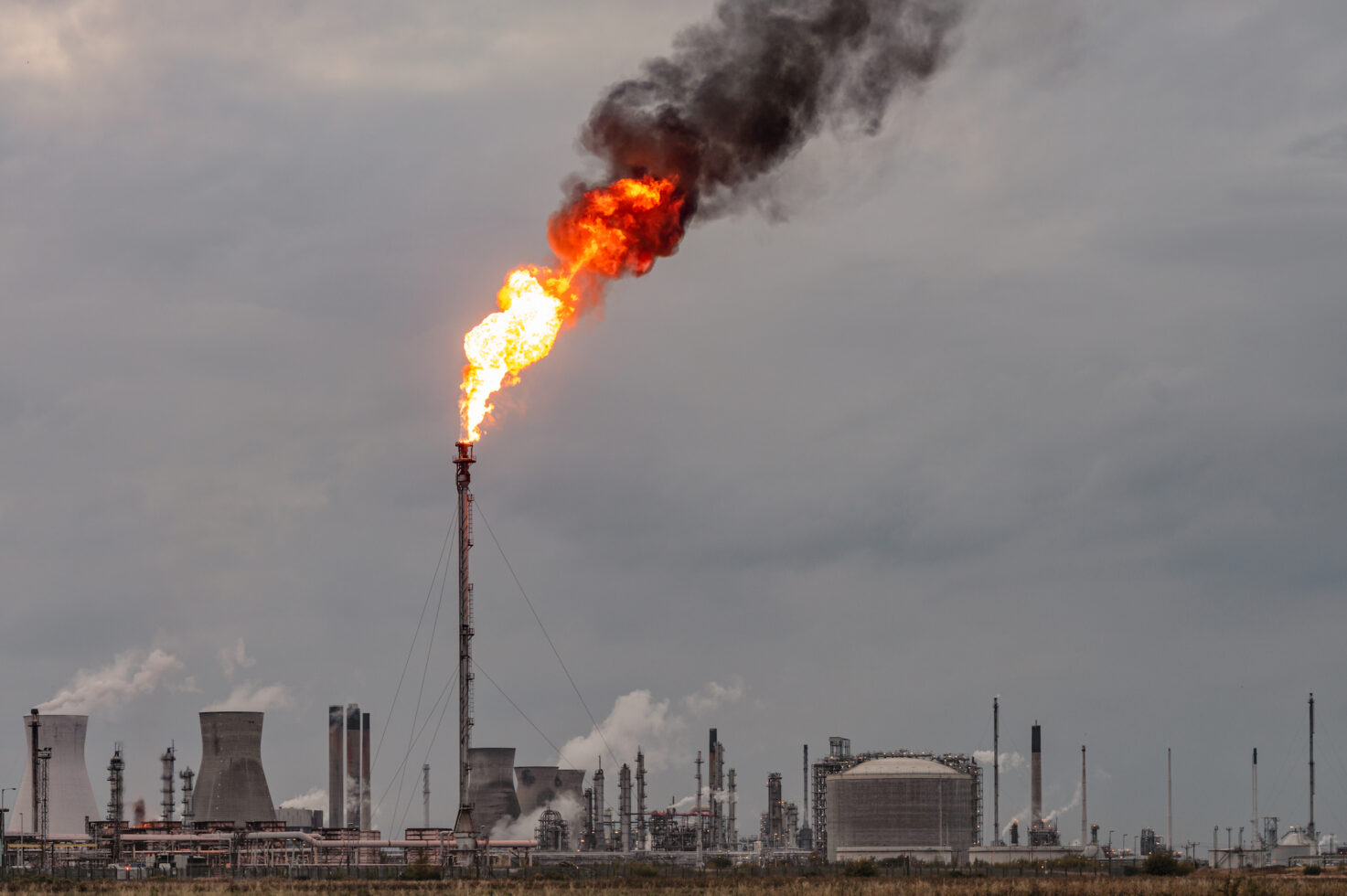
In another setback for climate activists, the Supreme Court severely limited the ability of the Environmental Protection Agency to regulate climate-warming carbon dioxide from electric power plants.
Even the soaring cost of gasoline seems to have undermined a central belief of the climate movement: that higher prices for fossil fuels would naturally spark a rush toward more efficient vehicles and alternate energy sources. Instead, gas prices over $5 a gallon produced a bipartisan call for more oil production.
Via nytimes.com
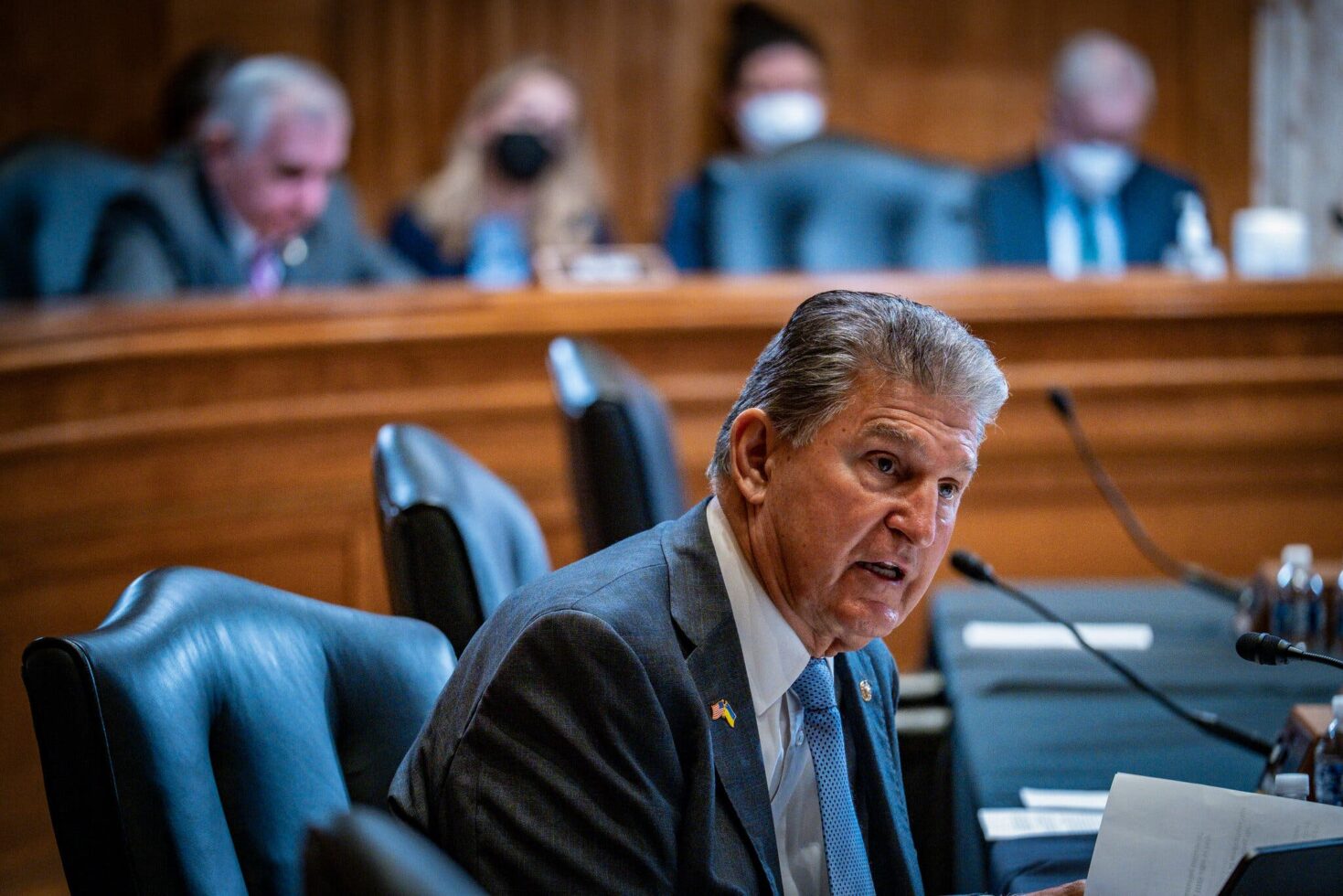
Efforts to revive the bill, in a much smaller form, ahead of the midterm elections were dealt a severe blow when Mr. Manchin told Senator Chuck Schumer, the majority leader, that he was unwilling to support funding for climate or energy programs or raising taxes on wealthy Americans and corporations.
But, Mr. Franchot, who worked for Mr. Markey as an aide in the 1980s, said climate is not what voters are focused on now. “The number one issue facing most of the public in Maryland is the volatility and uncertainty about the economy. That’s what people are concerned about, and they’re particularly concerned about the rate of inflation”
Read more via the NYT (free gift link; hopefully:)

There is a felt sense of a party-wide leadership failure,” said Varshini Prakash, executive director of the Sunrise Movement, a group of young climate activists. “Among young people there is a deep frustration that the issue of our time that is existential to our survival is not being met with the level of fight that it deserves.
Read more via the NYT (free gift link; hopefully:)

Benjamin Backer, president of the American Conservation Coalition, a right-of-center environmental organization, said Republicans had no incentive to come to the table. Their own voters aren’t demanding action, and liberal activists, drifting leftward, are unlikely to be satisfied with compromises Republicans could accept.
Read more via the NYT (free gift link; hopefully:)
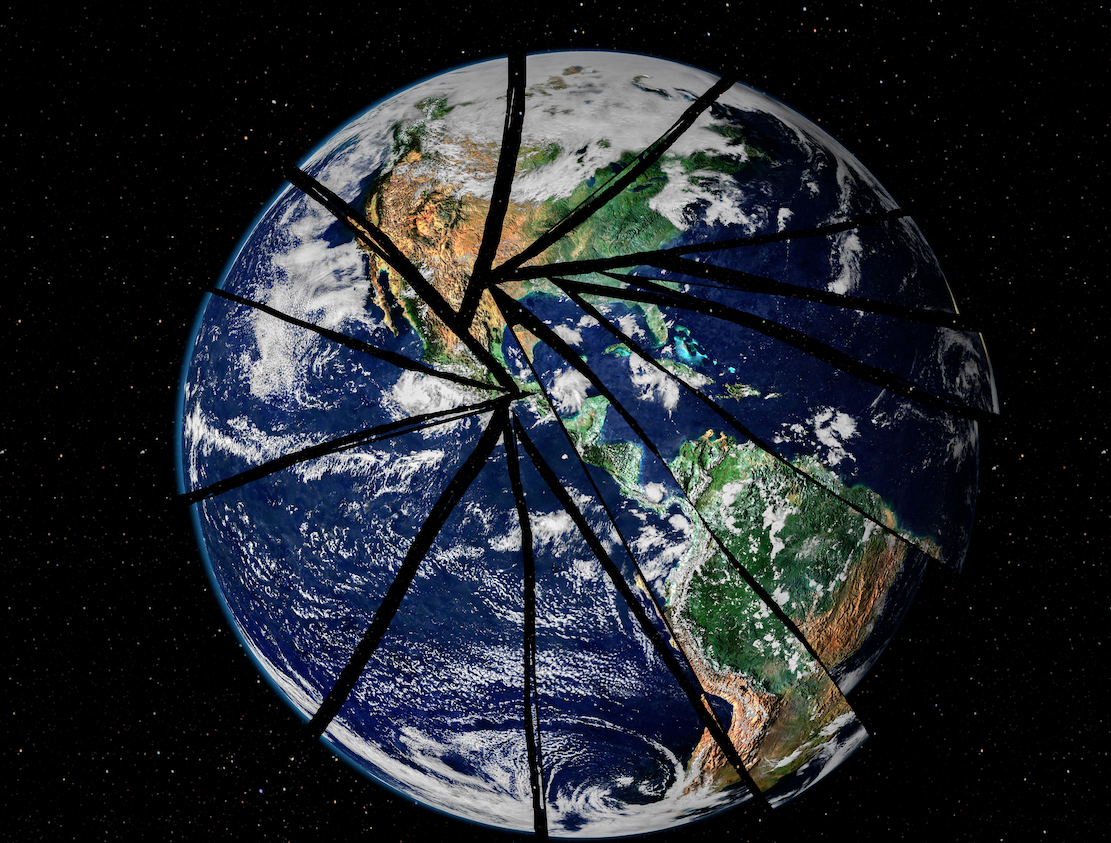
Now, after members of Congress took bipartisan fact-finding trips over recent years to watch Greenland melt and Alaska’s permafrost burn, the predominant argument has shifted again: Tough action by the United States is pointless, many say, because carbon pollution from India and China will swamp it.
Via nytimes.com
Watch my related keynote on Decarbonisation and ‘theDDR’
